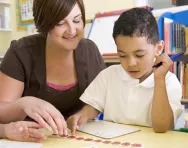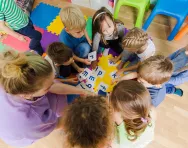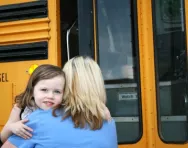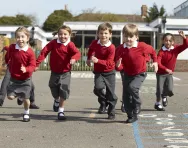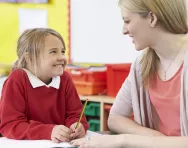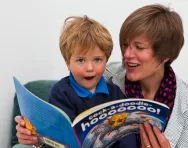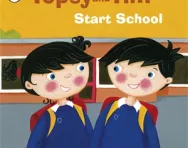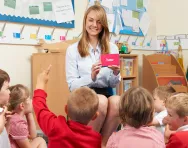Important update from TheSchoolRun
For the past 13 years, TheSchoolRun has been run by a small team of mums working from home, dedicated to providing quality educational resources to primary school parents. Unfortunately, rising supplier costs and falling revenue have made it impossible for us to continue operating, and we’ve had to make the difficult decision to close. The good news: We’ve arranged for another educational provider to take over many of our resources. These will be hosted on a new portal, where the content will be updated and expanded to support your child’s learning.
What this means for subscribers:
- Your subscription is still active, and for now, you can keep using the website as normal — just log in with your usual details to access all our articles and resources*.
- In a few months, all resources will move to the new portal. You’ll continue to have access there until your subscription ends. We’ll send you full details nearer the time.
- As a thank you for your support, we’ll also be sending you 16 primary school eBooks (worth £108.84) to download and keep.
A few changes to be aware of:
- The Learning Journey weekly email has ended, but your child’s plan will still be updated on your dashboard each Monday. Just log in to see the recommended worksheets.
- The 11+ weekly emails have now ended. We sent you all the remaining emails in the series at the end of March — please check your inbox (and spam folder) if you haven’t seen them. You can also follow the full programme here: 11+ Learning Journey.
If you have any questions, please contact us at [email protected]. Thank you for being part of our journey it’s been a privilege to support your family’s learning.
*If you need to reset your password, it will still work as usual. Please check your spam folder if the reset email doesn’t appear in your inbox.
What is the Early Years Foundation Stage?
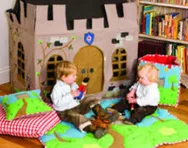
Early Years Foundation Stage (Nursery / Reception) is for children aged three to five years old and is the first stage of their education.
The key focus during this part of the national curriculum is on teaching them routine and easing them into the idea of learning in a structured environment.
A lot of the activities your child will undertake will be play-based, with more formal teaching not starting until they begin Key Stage 1 (Year 1 and Year 2).
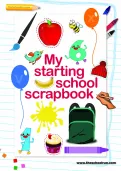
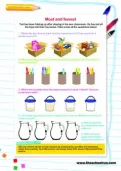
Claim A FREE Starting School Scrapbook!
- Packed with colourful activities
- Focuses on early English, maths & science skills
- Supports your child’s physical and social development
When can my child go to school?
All children aged four and many aged three (depending on where you live) are entitled to free part-time education.
To find out what is available for your child locally, search Childcare.co.uk, the largest selection of childcare providers in the UK, with over 50,000 parents' reviews.
Where can they go to learn?
The Government funds places at:
- Nursery and Reception classes
- Playgroups
- Pre-schools
- Accredited childminders in approved childminding networks
What is in the Foundation Stage?
The Early Years Foundation Stage was introduced in 2008 to provide a framework for pre-school settings.
Its play-based form of learning, which may be very different from your experience of starting school, is the result of lengthy research. The Foundation Stage recognises that children need to be able to use concrete experiences to provide the building blocks for their learning, so with that in mind it utilises play, modelling, painting, investigating and cooking as the mediums for learning.
What subjects will my child learn about?
There are 7 educational programmes (sometimes described as the ‘early years curriculum’) which have been established to shape the activities and experiences that children have during the Foundation Stage.
These areas of learning and development are:
- communication and language
- physical development
- personal, social and emotional development
And specifically:
- literacy
- maths
- understanding the world
- expressive arts and design
Will my child be tested?
The Reception Baseline Assessment (RBA) takes place in the first six weeks of Reception, but it's not used to judge children individually, it’s a snapshot of their knowledge and skills on starting school and is used to understand the current ability level of their class as a whole.
The EYFS profile is completed for every child in the final term of their Reception year. This profile enables teachers to see how your child has progressed and if they have reached the early learning goals set in each of the learning areas. Teachers will record your child's achievements throughout Reception based on their own observations.
